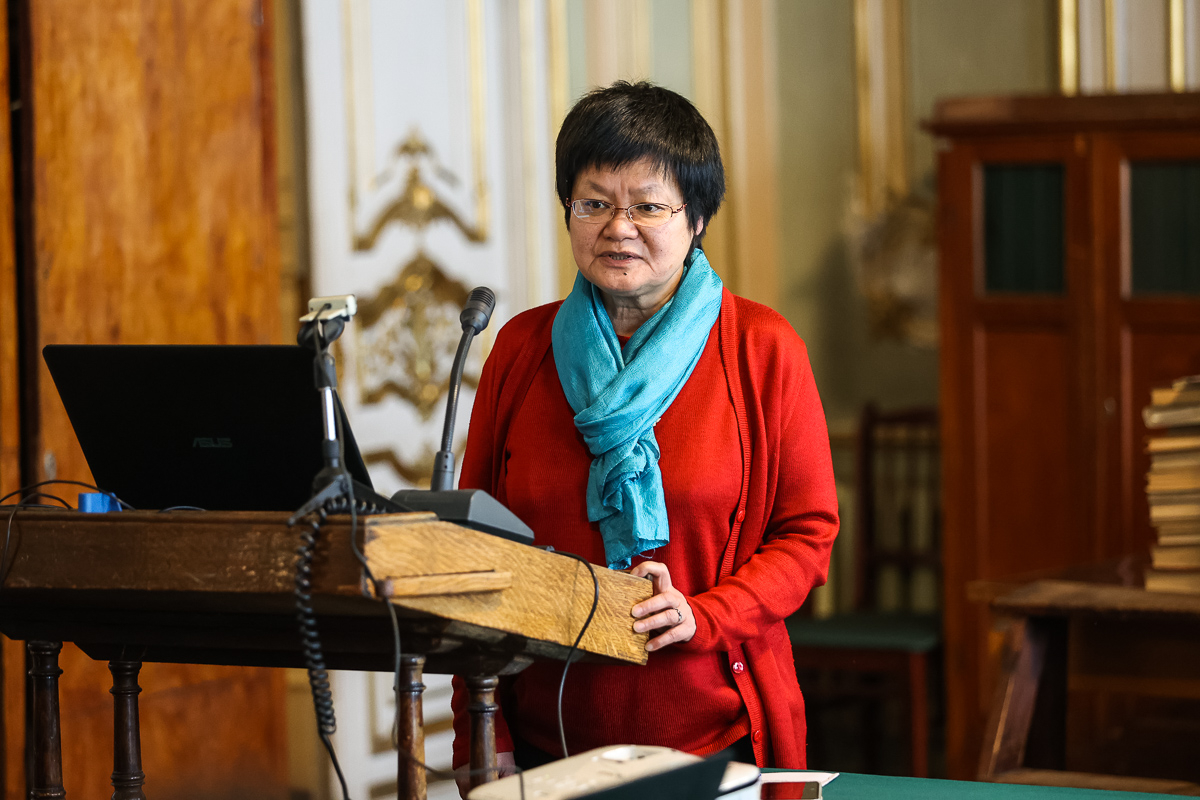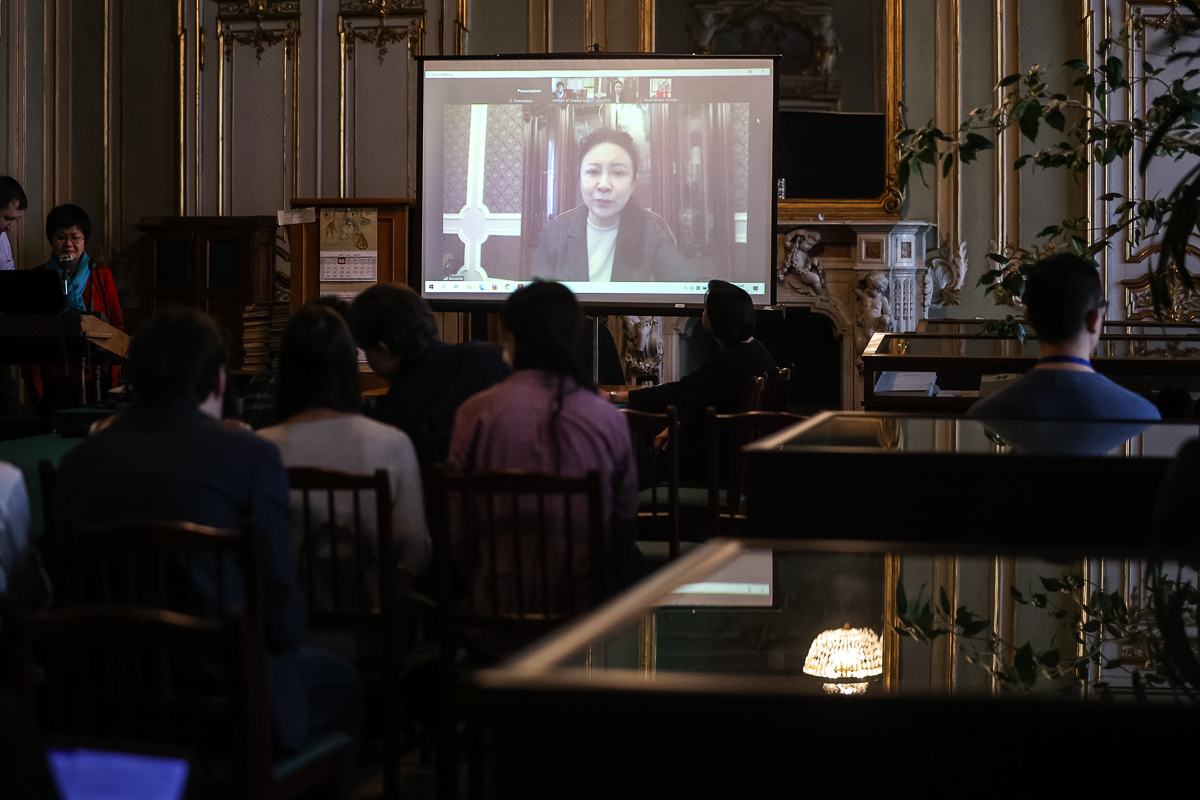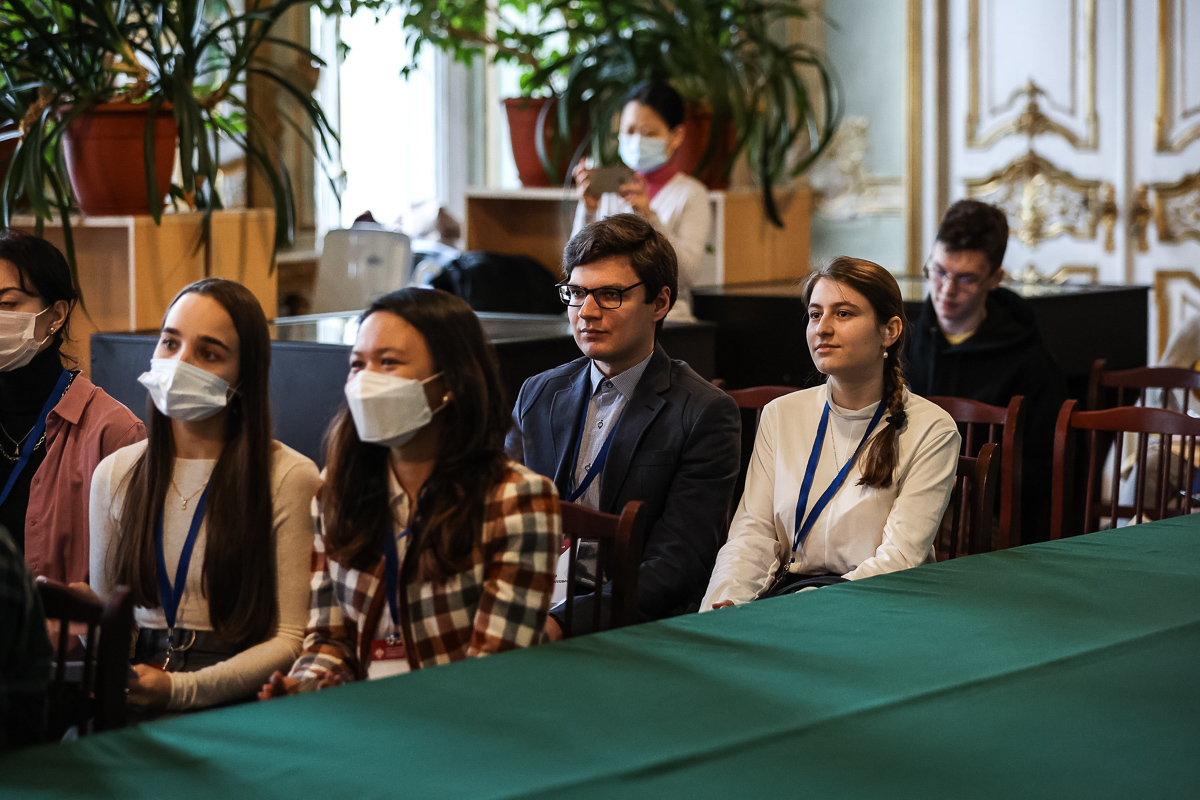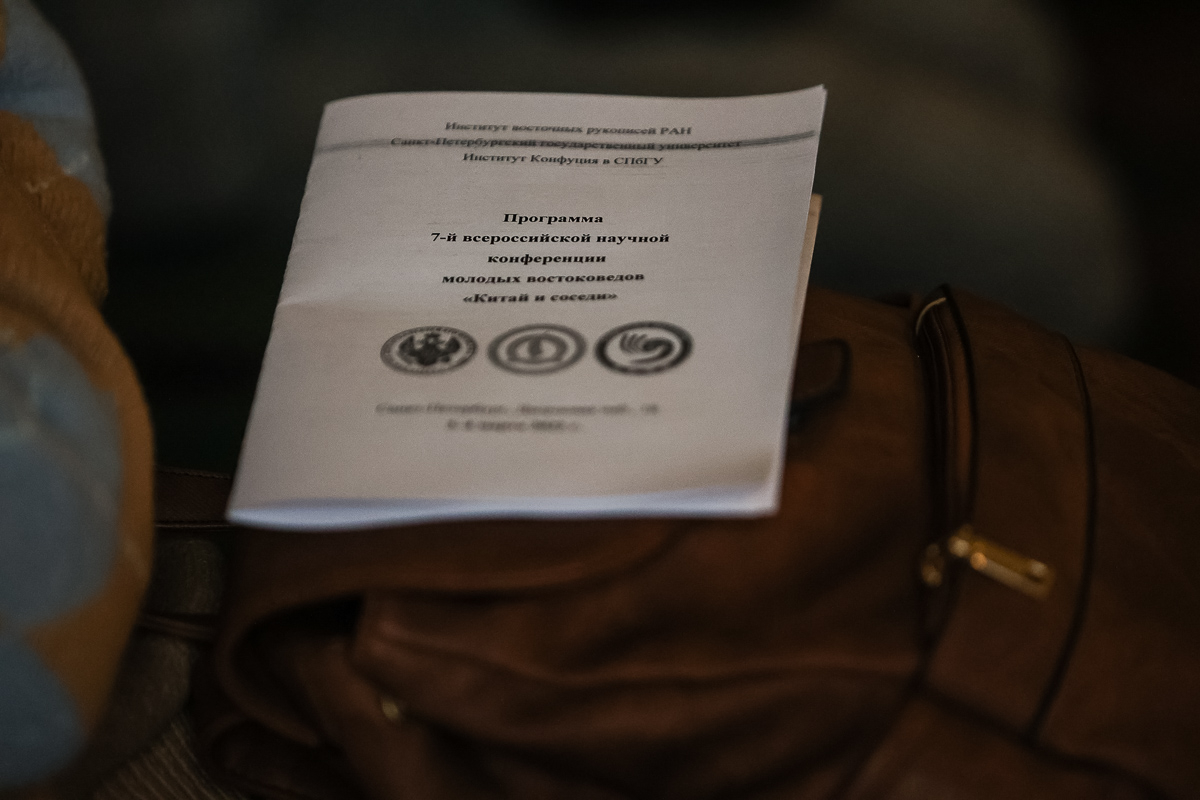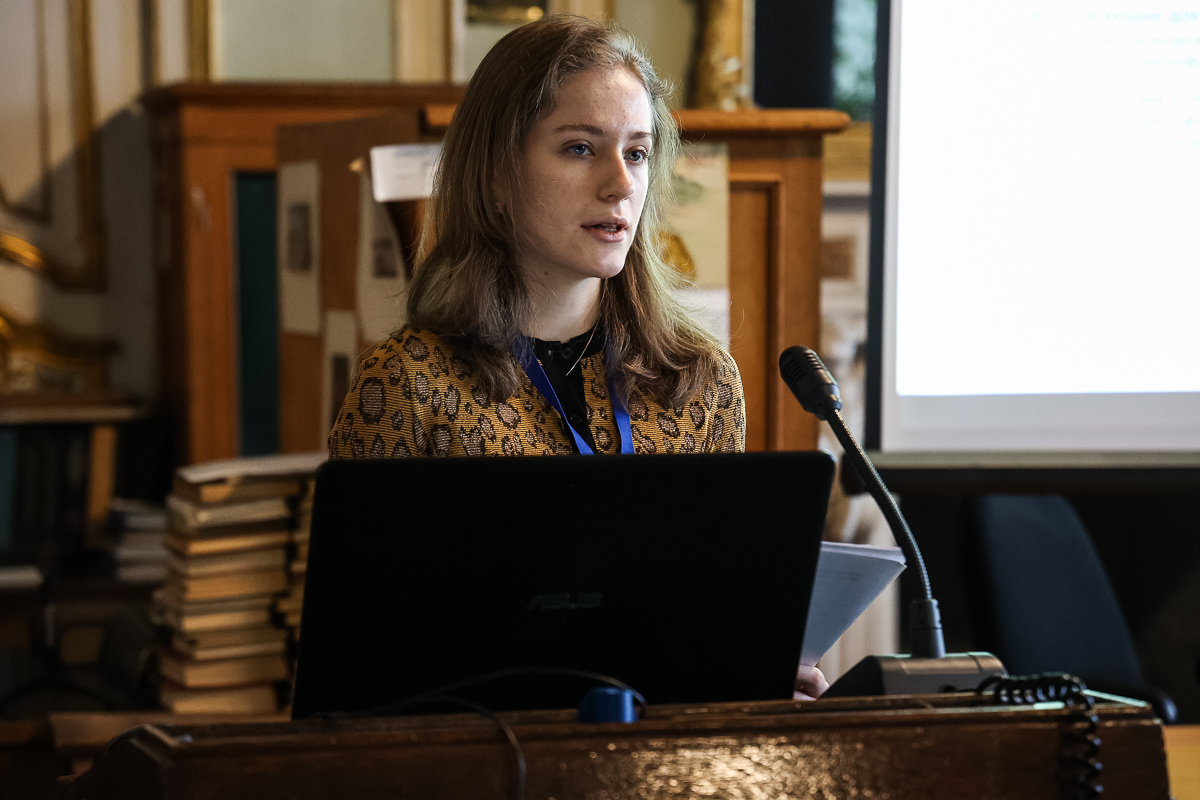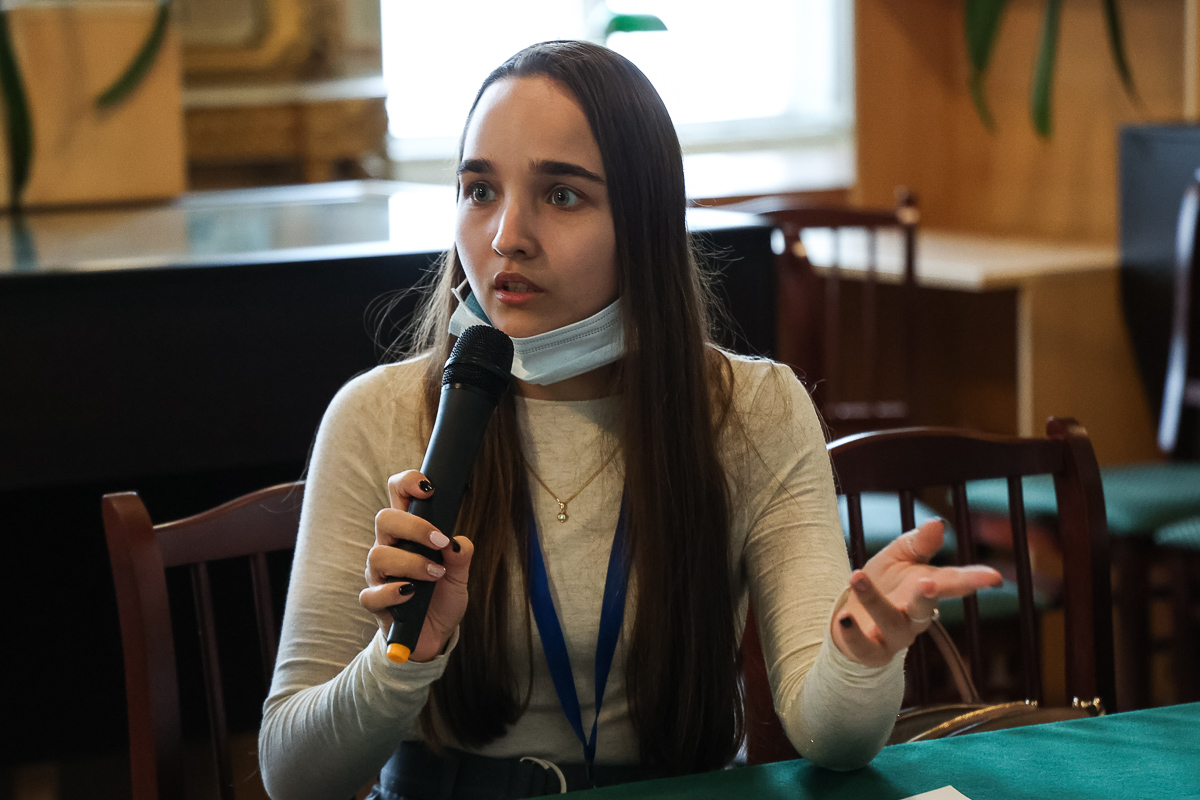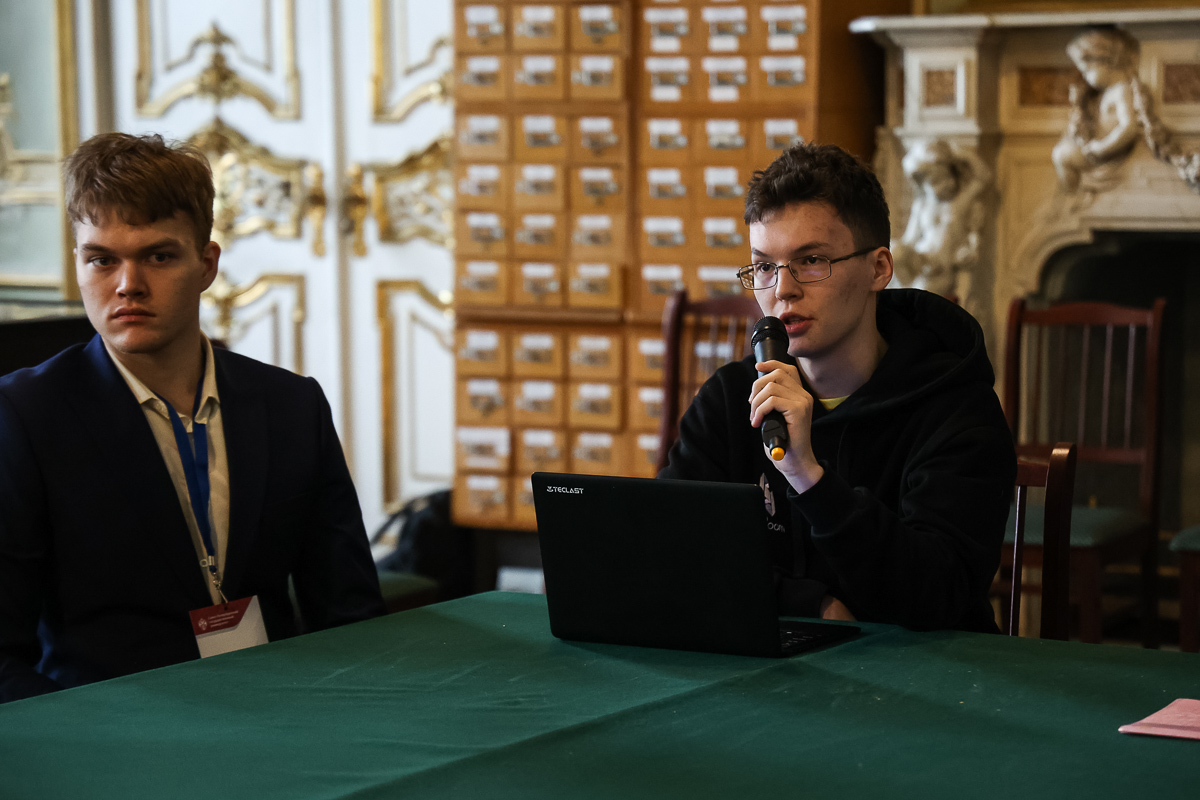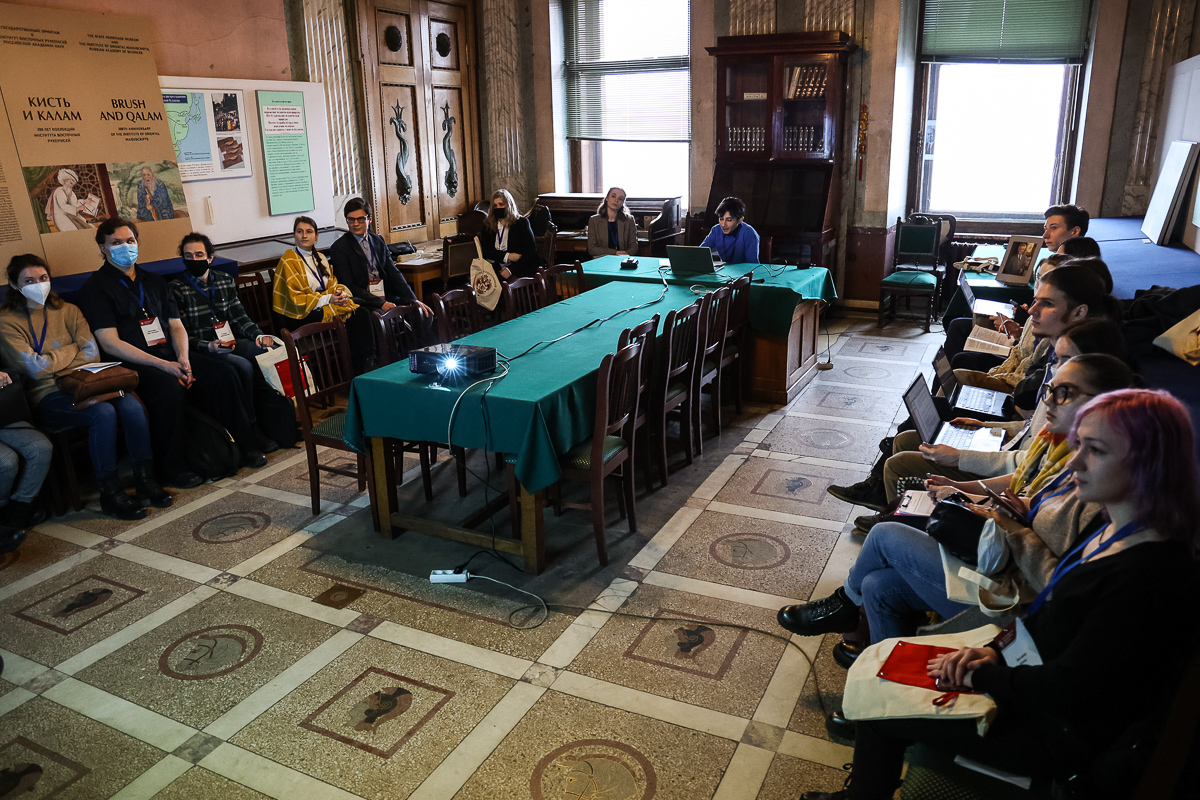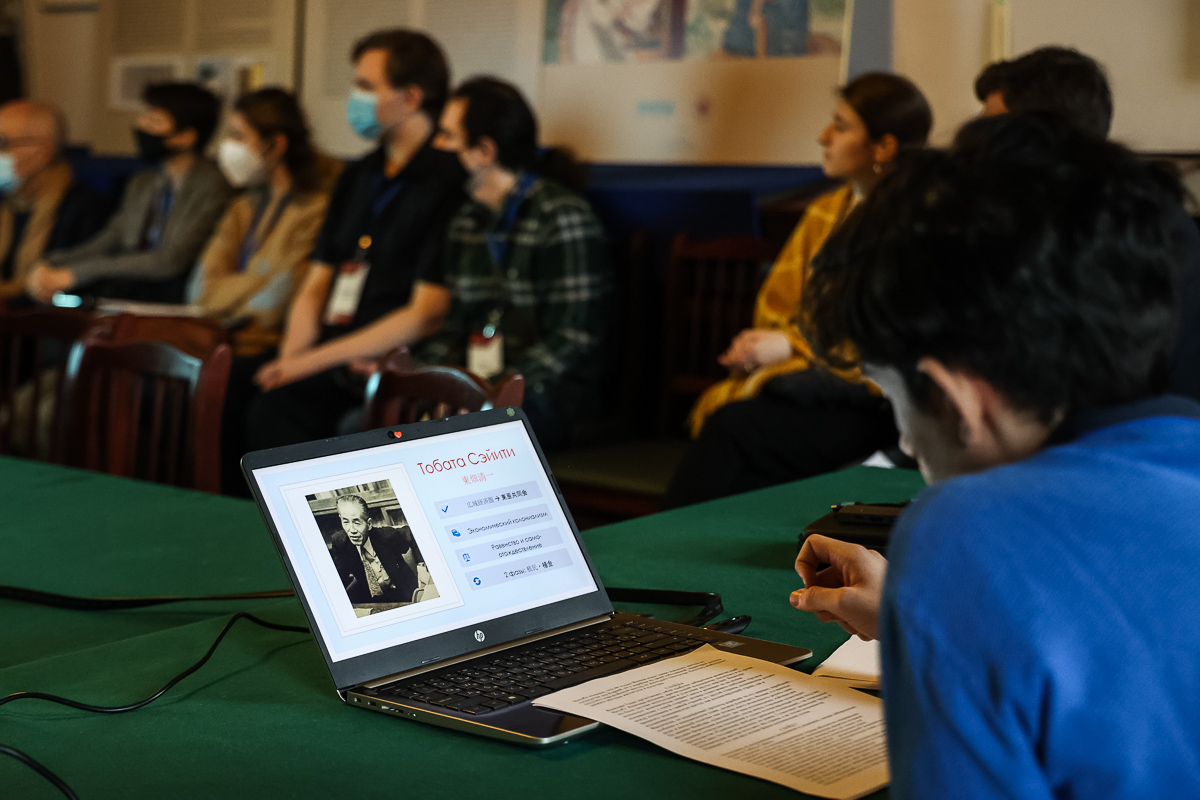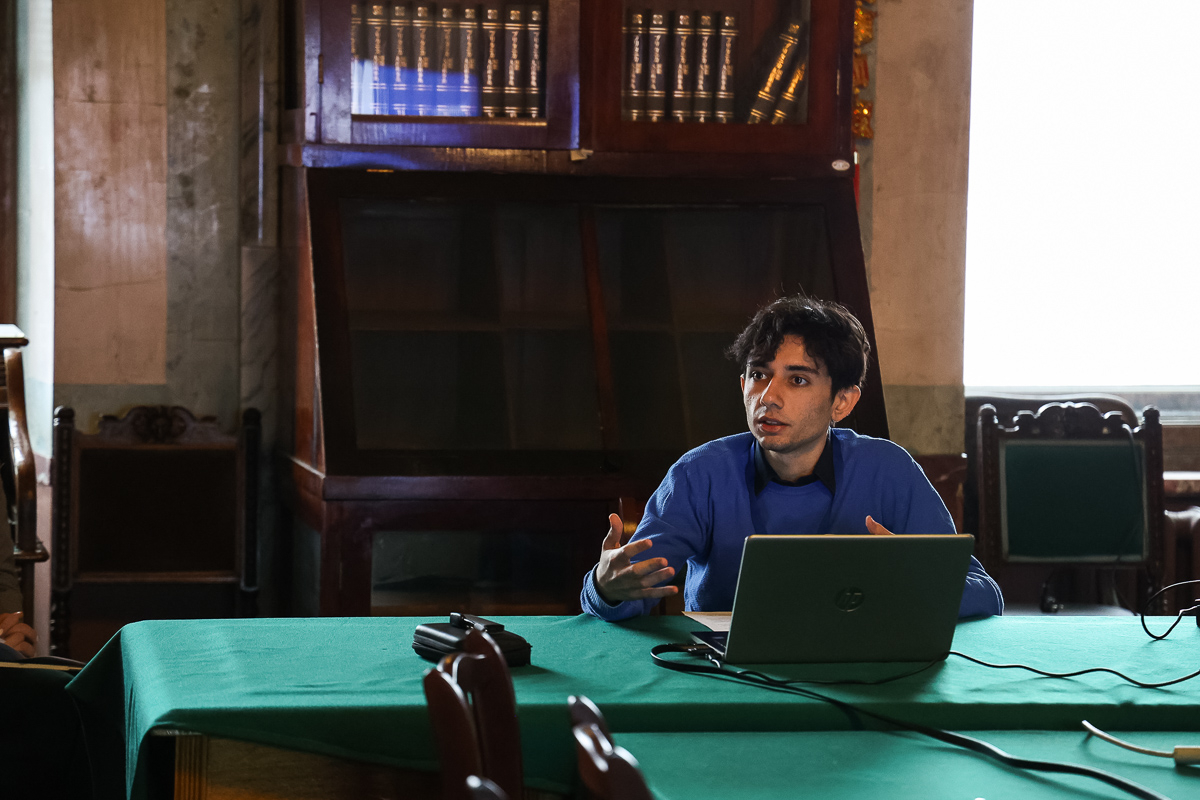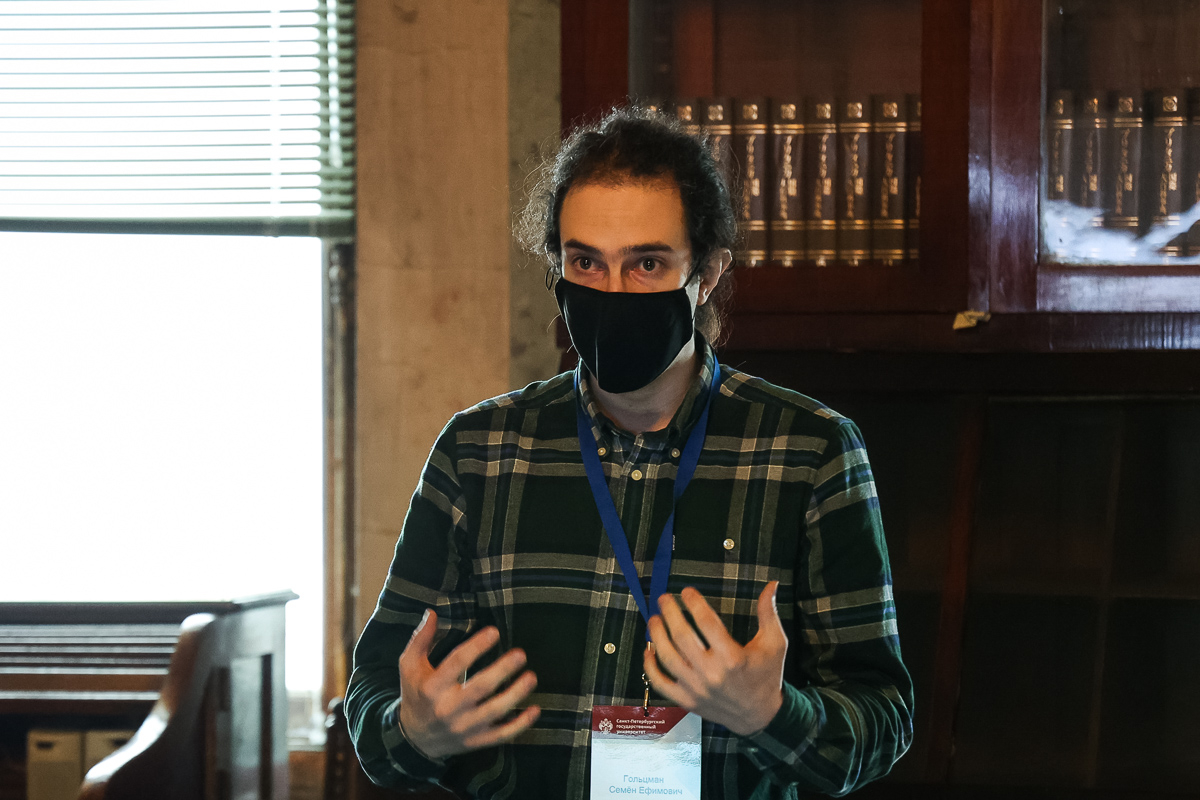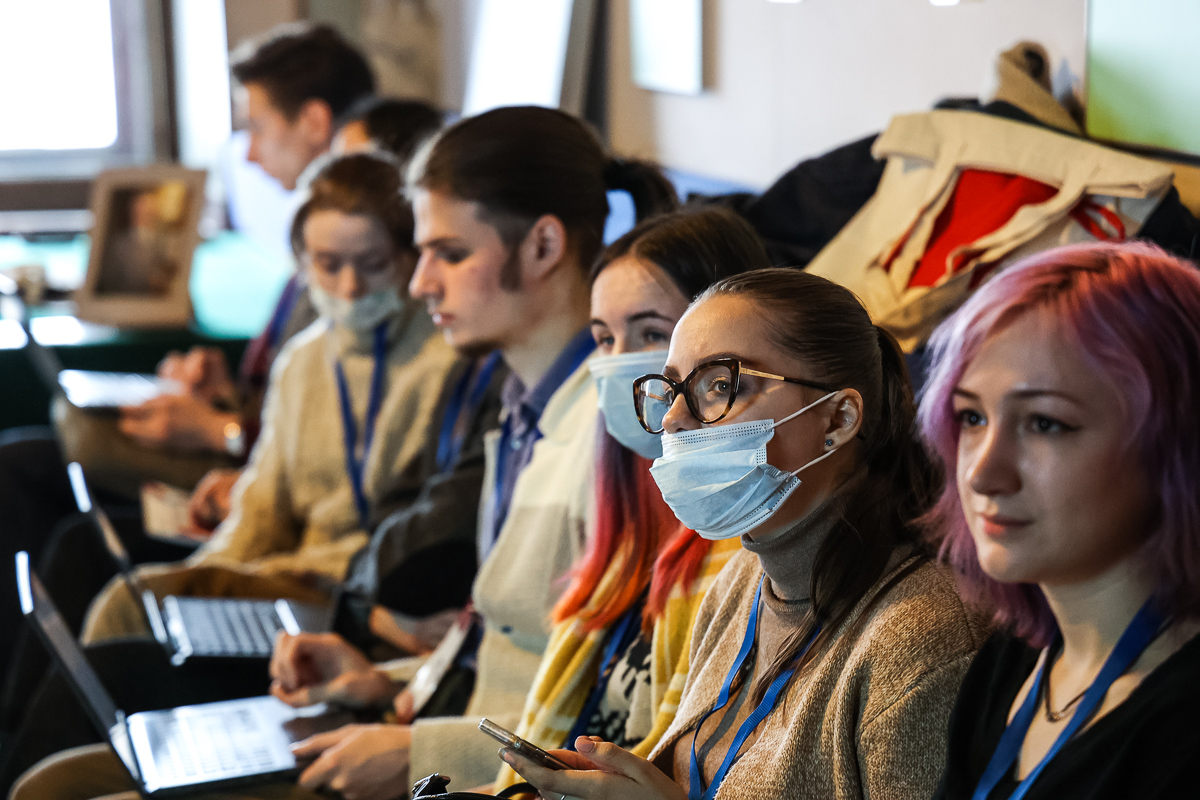’China and Its Neighbours’: a conference for young orientalists
For the seventh time, St Petersburg University held the All-Russian Scientific Conference ’China and Its Neighbours’. Traditionally, the event was held at the Institute of Oriental Manuscripts of the Russian Academy of Sciences.
This year, the conference was attended by students from St Petersburg, Moscow, Novosibirsk, Kazan and other cities of the country.
Irina Popova, Corresponding Member and Director of the Institute of Oriental Manuscripts of the Russian Academy of Sciences, made a speech at the opening of the event. She reminded the audience that on 8 February — the Day of Russian Science — Peter the Great signed a decree on the establishment of the Academy of Sciences together with the University.
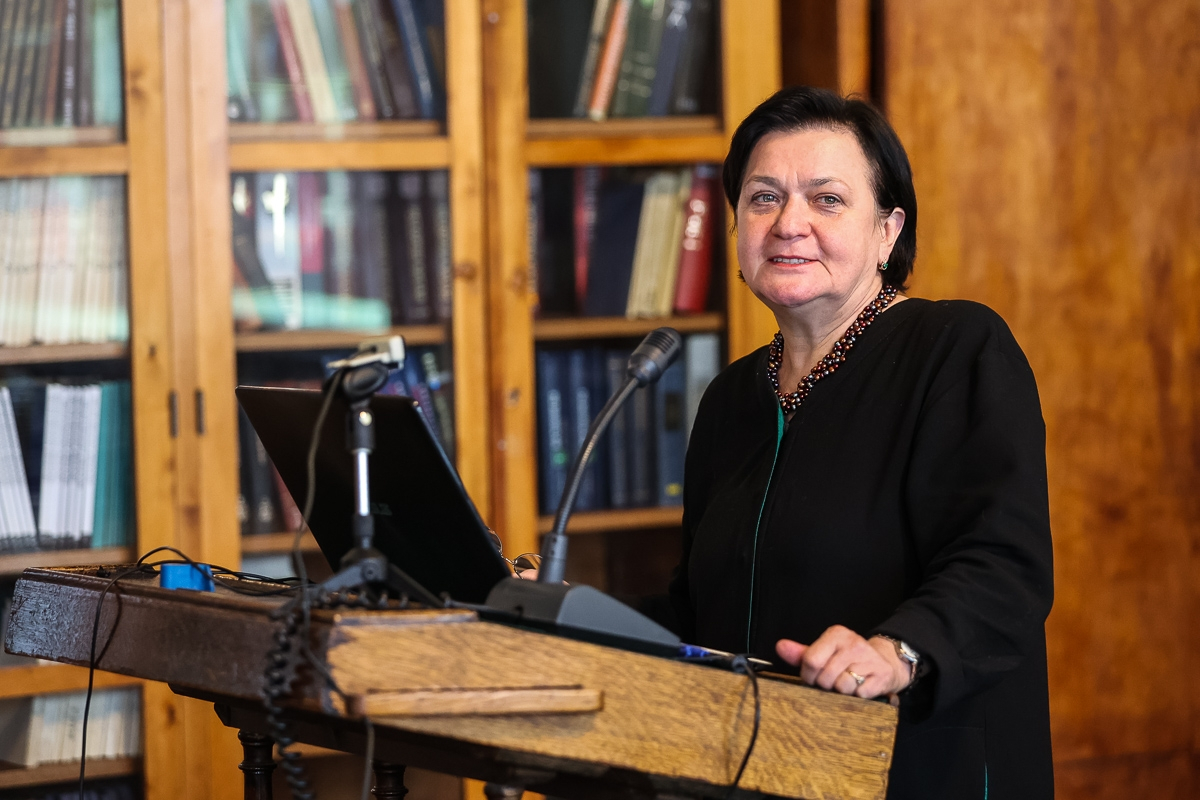
One of the first academics invited to Russia was Theophilus (Gottlieb) Siegfried Bayer, a historian and philologist who studied the Chinese language. In 1818, the Asian Museum was established, which eventually ’grew’ into the Institute of Oriental Manuscripts of the Russian Academy of Sciences.
Liu Zhumei, Consul General of the Consulate General of the People’s Republic of China in St Petersburg, also spoke at the opening ceremony and delivered a welcoming speech on behalf of Consul General Wang Wenli. According to Ms Liu Zhumei, the conference promotes development of young professionals and strengthens China-Russia friendship. The Consul wished good luck to the conference, prosperity to the Institute of Oriental Manuscripts and St Petersburg University, and fruitful development in the upcoming academic journey to the participants.
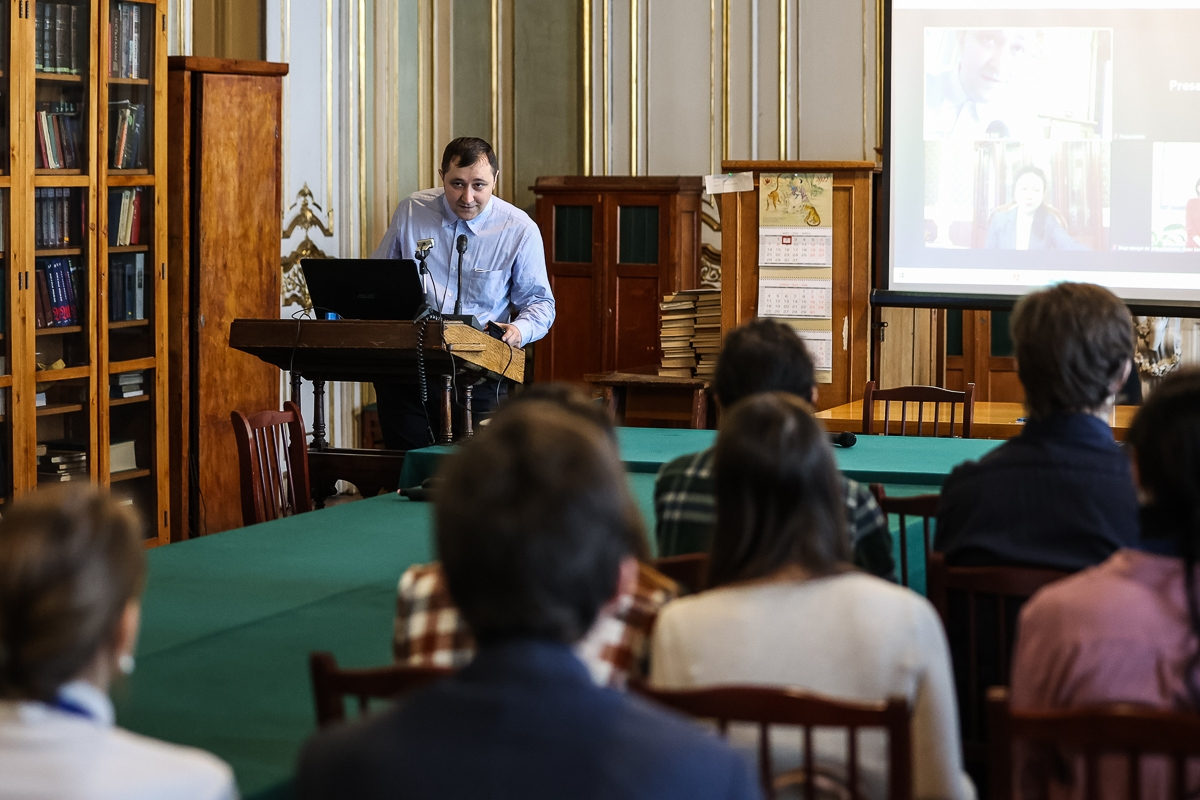
The closing speech at the opening of the conference was taken by Dmitrii Maiatskii, Associate Professor in the Department of Chinese Philology, Director of Confucius Institute on the Russian side. He expressed the hope that the conference ’China and Its Neighbours’ would enable young researchers to receive feedback from colleagues and mentors, as well as broaden their horizons and range of professional contacts.
Over the two days of the conference, organisers held several sessions where participants shared their research results. In addition, three sessions took place in an online format, attended by students from outside of St Petersburg.
The presentations ranged from literature to economics, and the represented countries ranged from China and Japan to Vietnam and Pakistan.
In addition to the sessions, there were several events for the participants. On the first day of the conference, Liubov Kriakina, Leading Conservator at the Institute of Oriental Manuscripts, conducted a master class on Far Eastern books and bookbinding. Also, everyone interested had an opportunity to take a tour around the Institute of Oriental Manuscripts.
At the closing ceremony, Tatiana Pang, Deputy Director for Academic Affairs at the Institute of Oriental Manuscripts, summed up the results. According to her, it was clear from the speeches made by the speakers that a lot of research work had been done. She advised young researchers to delve deeper into the material and work on their public speaking skills.
Note the title of our conference, ’China and Its Neighbours’. These are not just those who border China. These are those Far Eastern cultures that at some point have taken the Chinese culture as their reference point. Everything is incredibly interconnected in this region.
Tatiana Pang, Deputy Director for Academic Affairs at the Institute of Oriental Manuscripts
The conference focused on the history and historiography, culture and literature, religion and ethnography, economics and politics of China and neighbouring countries from antiquity to the present. During the conference, world-renowned experts shared their experiences with emerging orientalists, while young researchers were able to present their research findings to the academic community.


